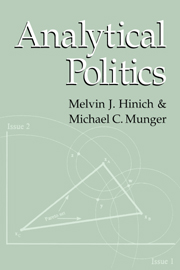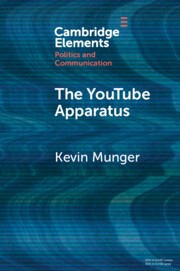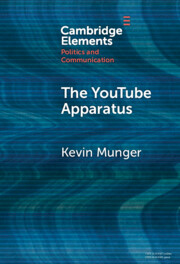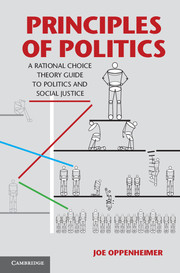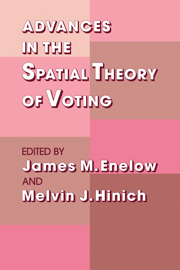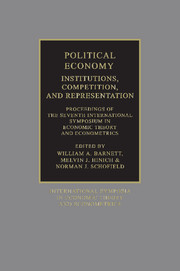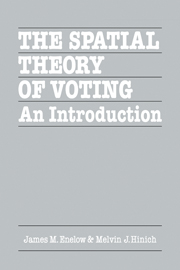Analytical Politics
To 'analyse' means to break into components and understand. But new readers find modern mathematical theories of politics so inaccessible that analysis is difficult. Where does one start? Analytical Politics is an introduction to analytical theories of politics, explicitly designed both for the interested professional and students in political science. We cannot evaluate how well governments perform without some baseline for comparison: what should governments be doing? This book focuses on the role of the 'center' in politics, drawing from the classical political theories of Aristotle, Hobbes, Rousseau, and others. The main questions in Analytical Politics involve the existence and stability of the center; when does it exist? When should the center guide policy? How do alternative voting rules help in discovering the center? An understanding of the work reviewed here is essential for anyone who hopes to evaluate the performance or predict the actions of democratic governments.
- Book takes an innovative approach to the study of politics
- Emphasises links with political theory more than behaviour
- Asks what good society is, not how people vote
Reviews & endorsements
"This book provides a fascinating introduction to modern public choice theory, but it also does more than that. It provides a single-volume education in why democracy works as it does." George W. Downs, Princeton University
"Like Downs four decades ago, Hinich and Munger root their understanding of politics firmly in the connection between mass and elites, and thus extend his theory of democracy in its most important and fundamental aspects. They place electoral democracy in normative as well as positive theory, and thus tie electoral theory of the rational choice sort with traditional political theory. And what I find especially striking is their demonstration of the culmination of scientific knowledge we have made in four decades--and the outline of where further progress can be achieved." John Aldrich, Duke University
"The writing style is clean and humorous, given the complexity of the material covered." Jon S. Ebeling, Perspectives on Political Science
"This book is a superb introduction to spatial models written by well-known leaders in the field. It is bound to be used widely in undergraduate classes throughout political science." Michael Cain, Public Choice
Product details
April 1997Paperback
9780521565677
268 pages
229 × 152 × 15 mm
0.4kg
47 b/w illus.
Available
Table of Contents
- Part I. Basics:
- 1. The analysis of politics
- 2. The models of Downs and Black: one policy dimension
- 3. Two dimensions: elusive equilibrium
- 4. Two dimensions: weighted Euclidean distance
- 5. Social choice and other voting models
- Part II. Extensions:
- 6. Uncertainty and policy preference
- 7. The voting decision and collective action
- Part III. Recent Advances:
- 8. Strategic voting, nonseparability, and probabilistic voting
- 9. Mass elections
- References
- Glossary
- Answers to exercises
- Index.

